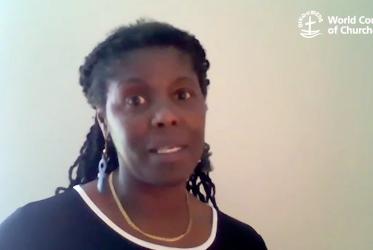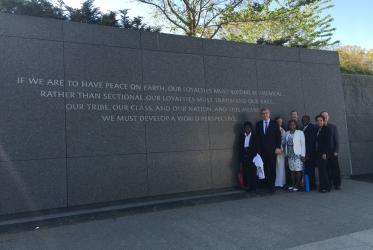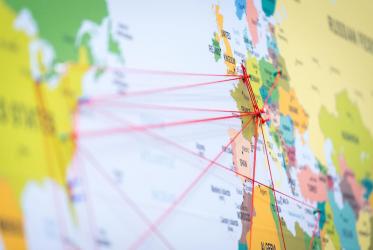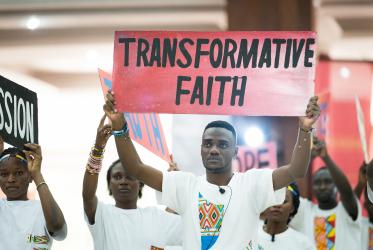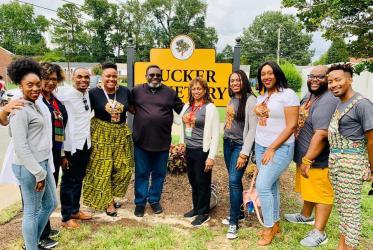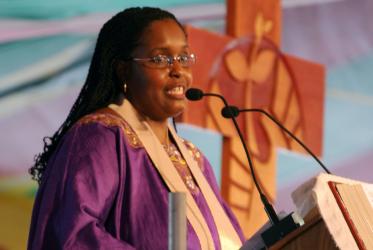Displaying 41 - 60 of 268
“Standing Together in a World Divided” speaks to global survival
21 November 2019
Latest gun violence in US poses challenges for churches
05 August 2019
WCC remembers lost colleagues
24 May 2019
Funeral celebrates life of Rev. Robina Winbush
26 March 2019

